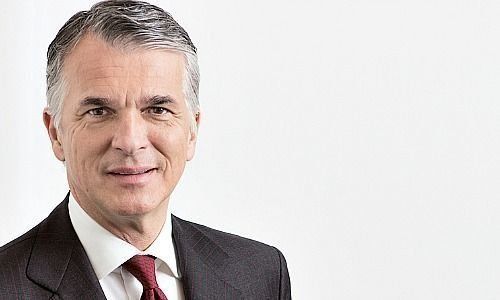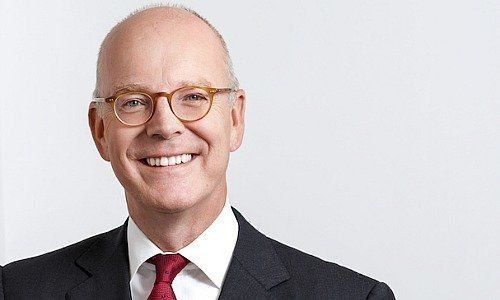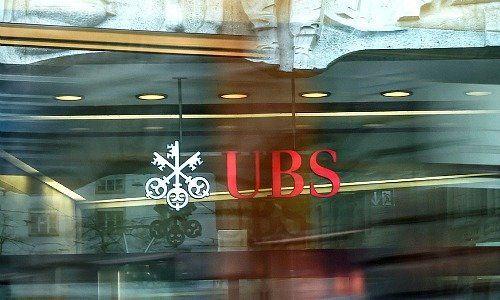Seven months after UBS merged its private bank units into a $2.4 trillion juggernaut, observers are still scratching their heads over what the Swiss bank hopes to achieve with the move.
In January, UBS surprised investors with more than just fourth-quarter results: the Zurich-based bank said it would merge its 1.15 trillion Swiss franc private bank with its $1.22 trillion American brokerage.
The move «will mean improved efficiency, more sharing of best practices, greater returns on our investments and enhanced client service,» CEO Sergio Ermotti said at the time. Global wealth management reported net income of 2.2 billion francs ($2.2 billion) for the first six months of the year – the first time the unit disclosed combined profits.
Ermotti has long been perturbed that stockholders don't adequately honor his restructuring of the bank, which slashed risk and tilted UBS far more sharply towards private banking.

Waiting for Detail
Profits aside, analysts say they are still puzzled seven months on over how UBS is trying to bridge the divide between the two units after nearly 20 years of independence. «The merger came as a surprise, and it isn't particularly convincing,» veteran banking analyst Rainer Skierka of Research Partners said.
UBS has failed to provide much detailed information about its rationale, hopes, or expectations from the mega-merger, which represents a first in the world of private banking. Ermotti said last month that UBS will eke 100 million francs out of the move next year, but that «this is not a cost exercise. It’s about creating better growth trajectory and dynamics.» He deferred details to an investor event on October 25.
Tech Integration
«There are quite a lot of questions about what that integration is intended to do for clients, or improving their service proposition, or financially for the company,» a London-based analyst said. «Will there be cost savings and revenue synergies, and also practicalities of how its supposed to work in terms of management,» the analyst, who isn’t authorized to speak publicly, questioned.
Tech is by far the costliest chunk of spending at the units: last year, the private bank outside the U.S. concluded a wide-ranging $1 billion technology project meant to lower spending by almost that much. In January, it said it wanted to «more closely align and integrate middle- and back-office functions». By June, it effectively walked that back, admitting it won’t be able to streamline that IT platform with systems used in in the U.S. after all.
Cultural Gap
UBS veteran Tom Naratil and ex-Commerzbank boss Martin Blessing (pictured below) have been tasked with running the unit. Analyst Skierka questioned the role of Blessing, who went from little specific wealth management experience to co-running a $2.3 trillion private bank almost overnight.

«It’s open whether Blessing can really assert himself through the whole organization as effectively as his predecessor, who really came up through the ranks at UBS during the course of many years», Skierka said.
- Page 1 of 2
- Next >>



































